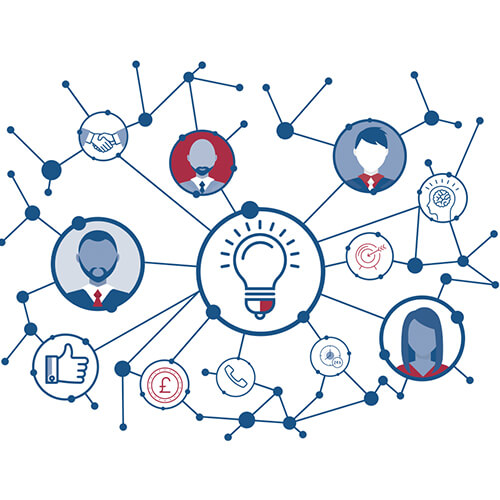While often ignored, choosing the right borrowing option is critical when managing personal finances. Personal loans and credit cards are the most preferred financial tools. They serve different purposes and distinctly affect your financial health. Be it to fund a major purchase or any other reason, knowing the difference between these options is important.
Superficially, both options allow you to access funds when needed. However, their structures and repayment terms vary. For instance, personal loans have fixed monthly payments, while credit cards offer a line of credit. Below are a few things you should know about these options.
How They Work
Understanding how these financial tools operate is essential when deciding between personal loans and credit cards. While both provide access to funds, their structures and repayment options differ. These differences make them suitable for individuals with different financial needs.
To begin with, personal loans are installment loans. Here, the borrower receives the entire monthly amount that is repayable for a specific period. These loans have fixed interest, which means borrowers know in advance how much they should pay every month. Such predictability is beneficial for those who want to finance major expenses like medical bills or home improvements.
Obtaining this loan requires that you apply through the bank or a credit union. Approval depends on various factors, including credit score and income. Individuals with a higher score get favorable terms and interest rates.
Credit cards are different from personal loans. Here, instead of receiving all the amount, borrowers get a line of credit that they can use as needed. The borrower should then pay a percentage of the total balance every month. However, there’s an option of paying off the entire balance.
Card loans typically have variable interest rates. The rates often fluctuate depending on market conditions and individual profiles. They offer more flexibility, as they can be used for different reasons. You can use them for everyday expenses or to meet unexpected costs.
Impact on Credit Score
All loans, including advances from online lenders like Superb Cash Advance, have an impact on credit scores. Both borrowing options significantly affect your credit score, but this depends on how both options are managed. This score is an important indicator of your financial health. Understanding the impact of each borrowing option can help you maintain or improve your score.
Personal loans are installment loans, so taking out this loan and making consistent payments can positively affect your score. Personal loans also add diversity to your credit mix. A diversified credit profile indicates to lenders that you can manage your debts responsibly. However, missing payments seriously damage your score.
Credit cards similarly have a positive and negative impact on your score. However, this depends on several factors. For instance, credit utilization is an important determiner. This is the amount of credit used compared to the total available amount. You should keep this rate below 30% to maintain a healthy score. Conversely, missing payments or carrying a high balance can drop your score.
Endnote
Personal loans and credit cards are important loan facilities with their pros and cons. Personal loans provide stability and low interest rates. On the other hand, Credit cards offer flexibility for everyday spending. Understanding the differences and evaluating your financial stature can help you make informed decisions on the best option that fits your needs.





















